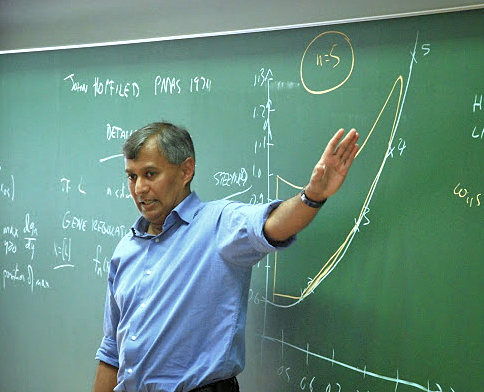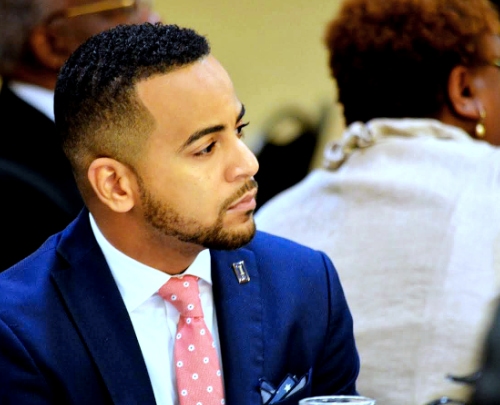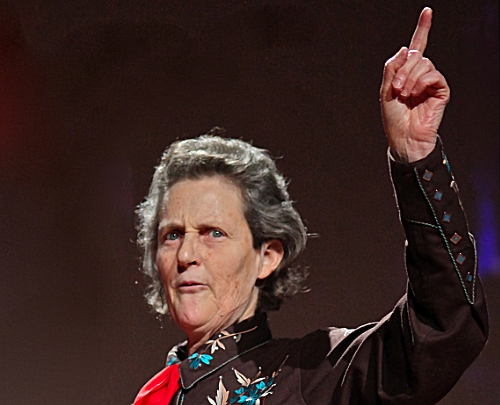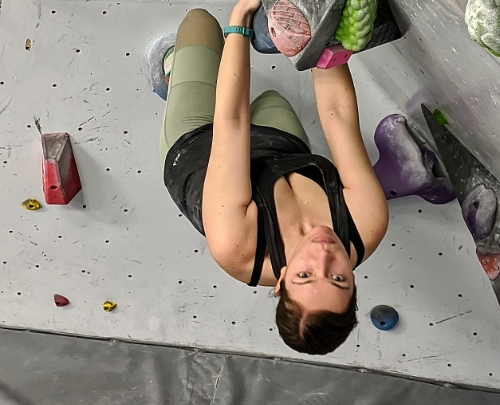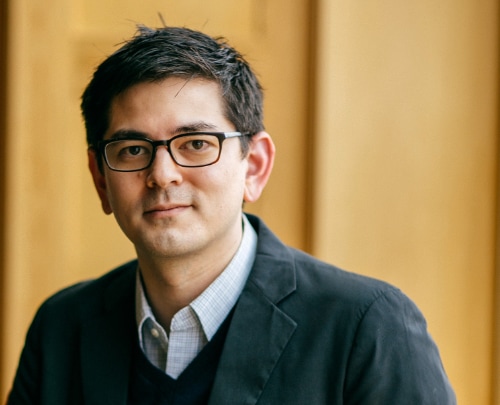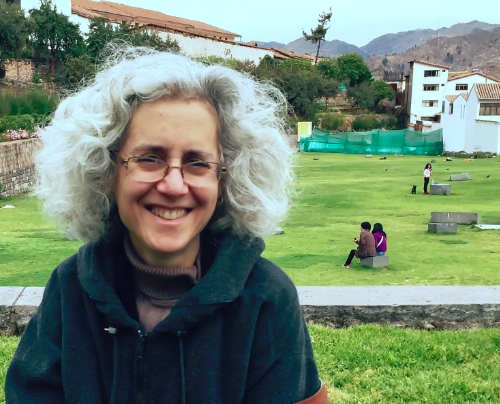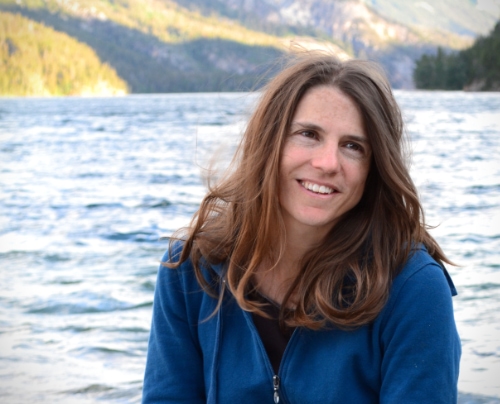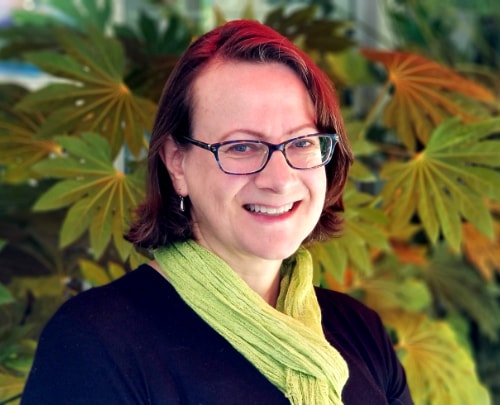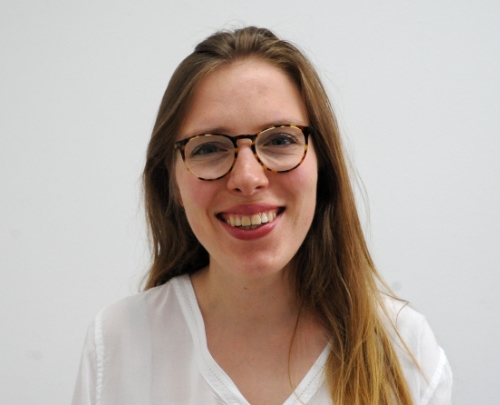Can even a single-celled organism truly learn? In Episode 70, Jeremy Gunawardena with the Department of Systems Biology at Harvard Medical School talks with us about his replication of an experiment originally conducted over a century ago, which suggested that at least one single-cell organism – the trumpet-shaped Stentor roeseli – is able to carry out surprisingly complex decision-making behaviors
Author: Parsing Science
- Parsing Science
- Biology, Mathematics, History
- biology, ad:altmetricpod, randomness, learning, single-celled organisms, mathematics, philosophy, history, ciliates, coin toss, consciousness, 315527003
- Comments Off on The Minds of Single-celled Organisms – Jeremy Gunawardena
- Parsing Science
- Education, Psychology, Sociology
- diversity, ad:altmetric, foster care, foster youth, education policy, systematic review, interdisciplinary, student success
- Comments Off on Undergraduates Formerly in Foster Care – Royel Johnson
What factors best predict success at college among youth formerly in foster care? Royel Johnson discusses his systematic literature review of research on the college success of this historically underserved population.
- Parsing Science
- Animal Science, Communicating Science
- science communication, scicomm, ad:altmetric, translational research, ethology, animal behavior
- Comments Off on Ivory Towers and Abattoirs – Temple Grandin
How can research improve the lives of livestock, even as they’re on their way to slaughter? In episode 67, Temple Grandin from the Colorado State University’s College of Agricultural Sciences talks with us about her work on promoting improved communications between academic researchers and those in the animal agriculture industry.
- Parsing Science
- Psychology
- attention, blindness, inattention, distraction, ad:altmetricpod, vision, illusion
- Comments Off on Hiding in Plain Sight – Katherine Wood
Did you catch that? In episode 66, Katherine Wood from the University of Illinois discusses her research with the scientist behind the famous “Invisible Gorilla” experiments, Daniel Simons, into if and when people notice unexpected objects in inattentional blindness tasks
- Parsing Science
- Psychology
- placebo, placebo-effect, ad:altmetricpod
- Comments Off on Transmitting Placebo Effects – Luke Chang
Can your doctors’ beliefs about the efficacy of a treatment affect how you experience pain? In episode 65, we’re joined by Luke Chang from the Department of Psychological & Brain Sciences at Dartmouth College. He talks with us about his research into socially transmitted placebo effects, through which patients can pick up on subtle facial cues that reveal their doctor’s beliefs about how effective a treatment will be.
- Parsing Science
- Psychology, Communicating Science
- sampling, generic-language, science communication, scicomm, ad:altmetricpod
- Comments Off on Extraordinary Claims, Ordinary Evidence – Susan Gelman
Why are bold, broad, and terse depictions of science perceived as more important, robust and generalizable than nuanced ones? In episode 63, we’re joined by Susan Gelman from the University of Michigan, who talks with us about her research into the use of generic language in scientific papers.
- Parsing Science
- Psychology, Neuroscience, Biology, Natural Sciences
- ad:sciencepods, open-access, Tourette's, obsessive-compulsive disorder, fMRI, multiarm intervention, transcript, Yale, plumx
- Comments Off on Enduring Effects of Neurofeedback – Michelle Hampson
When real-time fMRI neurofeedback improves people’s symptoms long after treatment, might that influence the guidance that’s provided to patients, and also inform the design of future clinical trials? In episode 60, we’re joined by Michelle Hampson from Yale University’s School of Medicine. She discusses her finding that people suffering from neuropsychiatric disorders may benefit from real-time fMRI neurofeedback, not only while inside the brain scanners, but also for weeks afterwards.
- Parsing Science
- Biology, Medicine
- image duplication, biology, open-access, transcript, plumx, ad:sciencepods, plagiarism
- Comments Off on Double Trouble – Elisabeth Bik
Just how rampant is scientific misconduct? In episode 51, Elisabeth Bik talks with us about her research suggesting that as many as 35,000 papers in biomedicine journals may be candidates for retraction due to inappropriate image duplication.
- Parsing Science
- Psychology
- transcript, altmetric, ad:wss, bias, paywalled, statistics, adolescents, screen-time
- Comments Off on Forking Paths of Kids’ Screen Time – Amy Orben
Are adolescents’ technology use really related to depression, suicide and ADHD, or might it be no worse for kids than eating potatoes? In episode 47, Amy Orben from the University of Oxford discusses her explorations into how researchers’ biases can influence their analysis of large datasets. Her article “The association between adolescent well-being and digital technology use,” was co-authored with Andy Przybylski and published on January 14, 2019 in the journal Nature: Human Behaviour.

